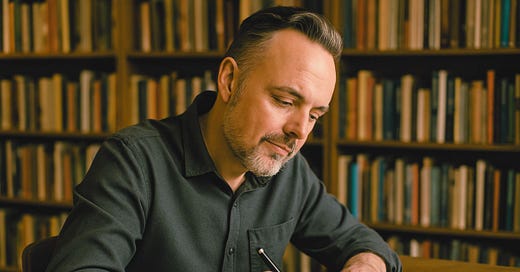When I first told people I was independently publishing my next novel, the reactions ranged from politely supportive to thinly veiled concern. One friend actually asked if I just wasn’t good enough to get an agent. Another offered to lend me a copy of Self-Publishing for Dummies — with love, of course.
Truth is, I didn’t stumble into indie publishing bec…
Keep reading with a 7-day free trial
Subscribe to Mo’s Newsletter to keep reading this post and get 7 days of free access to the full post archives.





